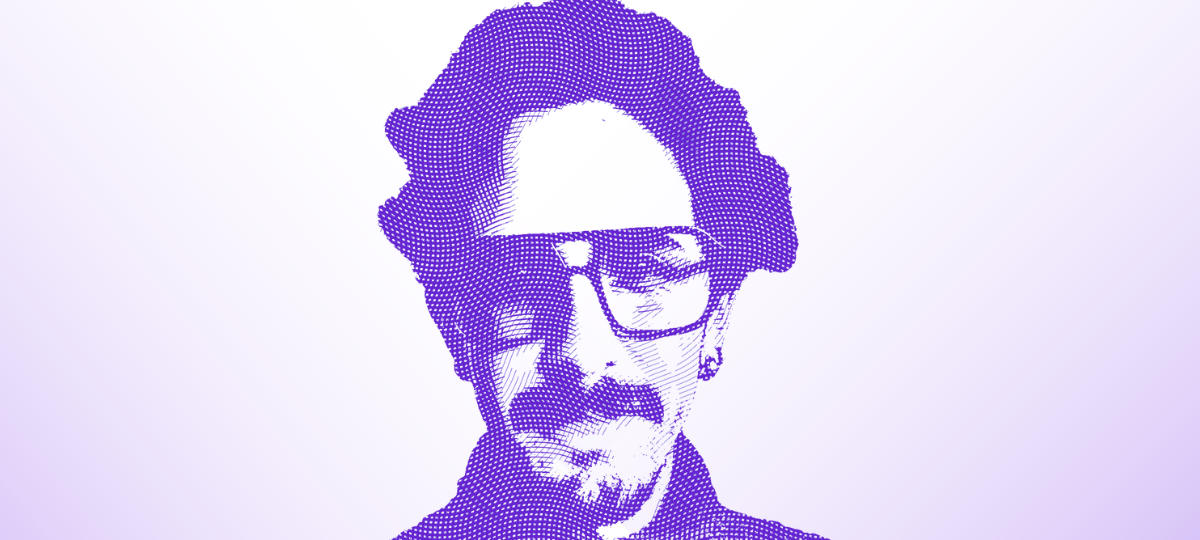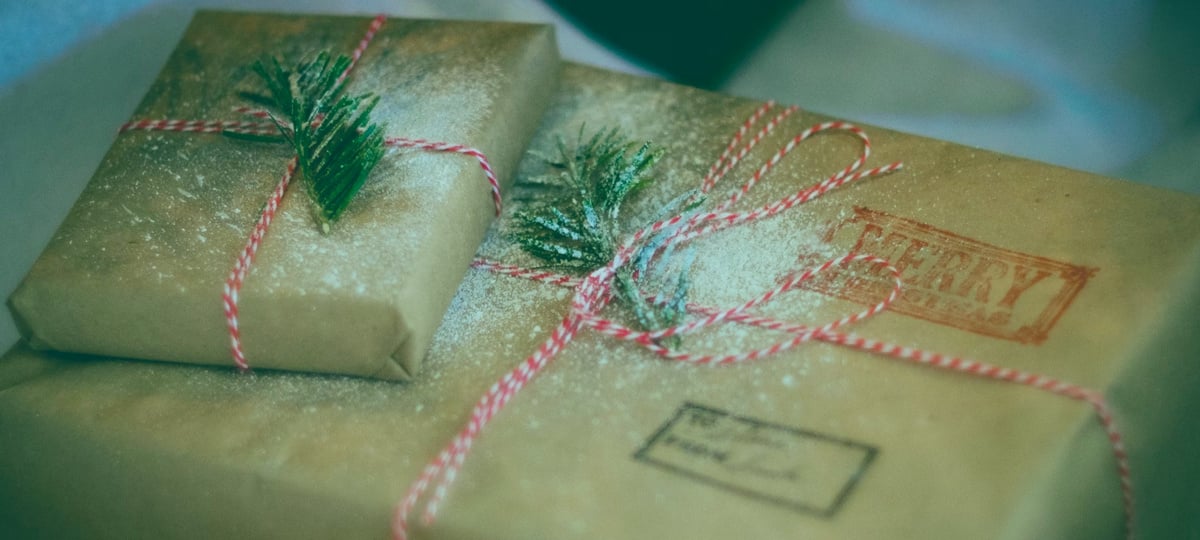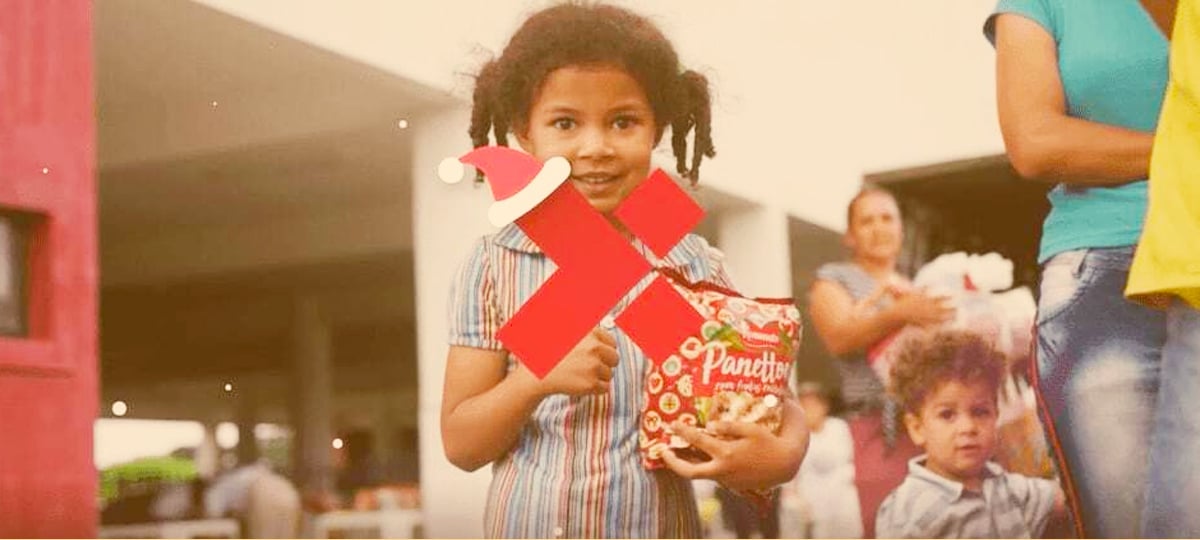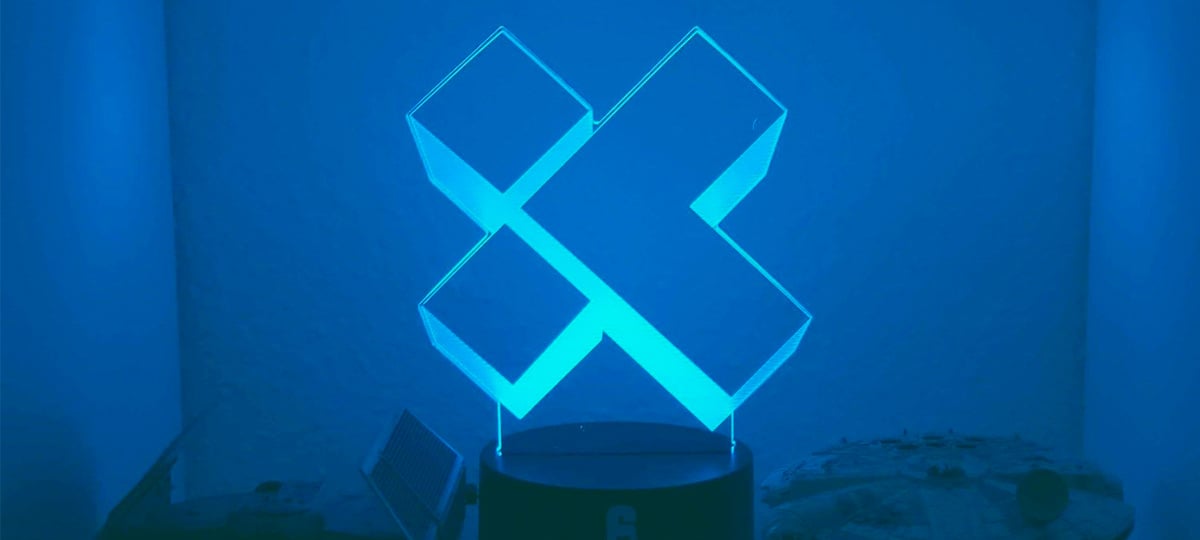Coding by Day, Mixing by Night: The Dual Life of Cristian Morales
By: X-Team
April 18, 2024 4 min read

Cristian Camilo Morales has been a backend software engineer at X-Team for almost six years. But beyond his work in tech, he’s a passionate DJ, music producer, and photographer. Recently, he introduced the X-Team community to his latest project: Pulsar Music, a YouTube channel where he shares DJ mixes he produces himself.
Music has been central to Cristian’s life since childhood. He started as a singer and frontman for three bands spanning alternative rock and indie Latin music. When those bands eventually disbanded, he wanted to continue creating music independently. That’s when he turned to DJing.
Around two years ago, he started learning from DJ friends who hosted parties outside the city. Their encouragement, combined with his deep study of music theory, helped him develop a solid foundation in mixing and production. About a year and a half later, he was ready to take the next step and launch his DJ and music production project.
Crafting the Perfect Mix
Cristian treats DJing with the same level of structure and precision as his engineering work. His mixes are not just random song selections, but carefully curated journeys designed to evoke a specific mood.
“A DJ mix is like a recipe. Before you can cook, you need the perfect ingredients. It all begins with the vibe I want to immerse listeners in. Since I upload sets on YouTube, I tend to look for a vibe that fits work, study, focus, and chill. But from time to time, I pick a party vibe too. The goal is to create sets that fit different activities to play in your daily routine, or even at a bar, restaurant, cafe, or event.”
His process begins with selecting tracks using the Mix-In-Key technique, ensuring smooth and melodically cohesive transitions. He arranges the music based on the desired atmosphere and fills gaps with additional tracks that enhance the groove.
“I do a rough mix on my PC with my headphones on to find crucial points where each song clicks into the groove I want. That’s when a set is ready to be recorded. There’s also always a little space in the live mix, so I can improvise.”
While Pulsar Music focuses on DJ sets, Cristian is also developing an original music project under the alias Mons Flumen. Inspired by artists like The Blaze, Bob Moses, Chet Faker, and James Blake, this project will feature his own compositions.
"I'm also creating an alter-ego music project called Mons Flumen (which means river and mountain in Latin) where I'll be creating music more like The Blaze, Bob Moses, Chet Faker, James Blake, et cetera. But that's still in the works."
His first track is already completed, with plans to release it in the near future.
Balancing Tech, Music, and Creativity
Balancing software engineering, DJing, and photography requires a structured schedule—something Cristian has mastered. His work at X-Team comes first, with his creative projects woven into his evenings and weekends:
- Monday – “On Mondays, I tend to prepare my sets between 7-10 PM, right after dinner.”
- Tuesday – “Tuesday is for photography: I review my photos and videos and, if I have time, work on them in post-production.”
- Wednesday – “Wednesday is when I record my video sets. I try to upload every fifteen days. When I'm not recording, I'm producing.”
- Thursday & Friday – “Then on Thursdays and Fridays I usually edit and produce the video I recorded Wednesday. If I have plans with friends, I move the editing to the weekends, which is also when I have a gig to play or other stuff to do.”
Although he follows this schedule closely, he admits that creativity sometimes takes over.
“Sometimes, though, I get taken away and start making music until it’s way too late at night. I'm talking 3 AM late. I get immersed, like I'm in another dimension.”
Lessons From the Intersection of Software and Music
Cristian’s background in software engineering has deeply influenced his approach to music. He sees parallels between debugging code and producing tracks—both require problem-solving, patience, and a structured approach to creativity.
“Software engineering has taught me a lot. How to deal with frustration, how to face the fear of the blank page, and how to understand software as part of a broader context. Also how to believe in the process, how to be patient when finding bugs, and how to figure out what's right from what's wrong.”
His setup includes Ableton Live 11 for music production, using plugins from ROLI, Arturia, Soundtoys, and SynthGPT, as well as a mix of digital and physical synthesizers. For DJing, he relies on rekordbox (AlphaTheta), sources music from Pick My Rec, and uses samples from Loopcloud and Envato. A key tool in his process is LALAL, an AI-powered stem separation software that allows him to extract high-fidelity instrumental and vocal elements from existing tracks.
Cristian’s goal isn’t to choose between software and music—it’s to keep thriving in both. He envisions growing Pulsar Music and Mons Flumen, playing at clubs and festivals, and continuing to create. But most importantly, he wants to do it all with calm and love, avoiding burnout.
His biggest lesson from balancing both careers?
"Life is a rollercoaster but it’s worth the ride. If you really want to feel, do what you love, follow your passion, and cling to it as long as it brings you joy. Combining tech and music in an era where most things are digital helps you see everything with perspective. I'd also say that everything is a process. The goal is not the end, because there is no end. You'll always be on some kind of journey. Make sure that it's worthwhile."
TABLE OF CONTENTS



